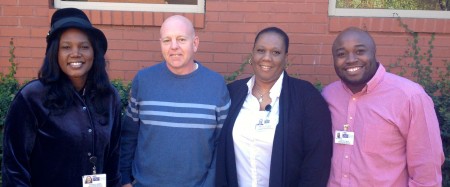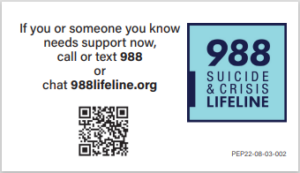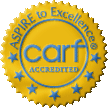About The Peer Support Program

The role of the peer specialist is to create and develop a supportive relationship with peers. Peer Specialists use recovery tools, personal recovery stories, and community networking to assist peers in recognizing the opportunities of living the life he/she wishes to live.
The job of the Certified Peer Support Specialist does not replace current clinical mental health staff, but offers additional and/or alternative options to help patients in their efforts to recover.
If you would like to be a part of the program please call us at
843-852-4100..
Certified Peer Support Specialists Provide…
- Self Help: Learning to make informed decisions.
- Self Improvement: Learning to plan & carry out activities to increase self-worth.
- Self Advocacy: Learning to gather info about issues related to mental illness & recovery.
- Individual Advocacy: Developing skills to be able to actively participate in treatment.
- Crisis Support: Learning how to design & use a crisis plan & learn alternatives to using the emergency room or jail.
- Housing: Learning about stable housing &/or how to end an unsafe housing situation.
- Social Network: Learning how to build healthy relationships.
Group Discussions
The Peer Support Program offers a variety of peer facilitated groups that are beneficial in a number of ways.
- To decrease the common idea that we are alone
- To approach ourselves through the cultivating of supportive relationships
- To gain a multifaceted & multicultural perspective about general issues
- To set goals, plan, and work towards a higher self
- To collectively reach solutions
1-on-1 Peer Support
Individual peer support is also offered as an alternative to group discussion. Peer support program participants are given an opportunity to work on issues and to accomplish goals through a focused one-one-one approach.
Group Schedule
(Call 843-852-4100 and ask for Caitlin McGarty.)
I AM ABLE
This support group is designed to instill “hope in Recovery” for persons suffering from an addiction/Mental Illness. (12 Model is the focus).
- Mary Robinson, CPSS Facilitator
- Mondays 11am-12:30; WA Clinic, Rm 153
OUR ISSUES
This is a discussion group that promote peer networking, treatment involvement, socialization, learning and setting healthy boundaries, recovery ‘As Peer sees it’
- Jalette Roberts, CPSS Facilitator
- Tuesdays 11am-12noon
- West Ashley Clinic, Rm 153
OUR ISSUES
This is a discussion group that promote peer networking, treatment involvement, socialization, learning and setting healthy boundaries, recovery ‘As Peer sees it’
- Maria Hazel, CPSS/ PAC Facilitator
- Wednesdays 11am-12noon
- West Ashley Clinic, Rm 153

